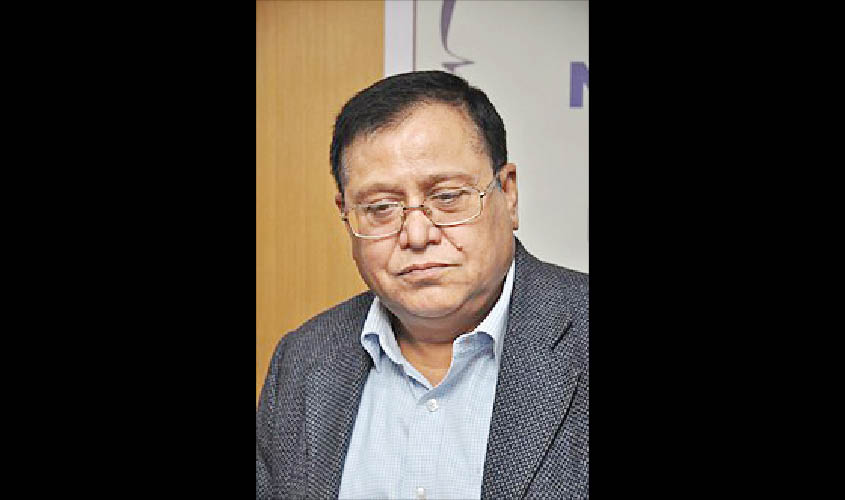DRDO officials said that no official permission was sought by Saraswat for the ASAT test when he was the chief of DRDO.
New Delhi: Serving and retired officials working with the Defence Research and Development Organization (DRDO) have criticised former DRDO chief Vijay Kumar Saraswat, who is now the member of the NITI Aayog, for making DRDO a topic of political slugfest.
After India successfully conducted its ASAT test last week, Saraswat announced that the previous UPA government, despite the DRDO seeking permission, had said no to conducting such a test.
However, officials of the DRDO told The Sunday Guardian that no official permission was sought by Saraswat when he was the chief of DRDO from August 2009 till May 2013.
A top DRDO official said: “Developing ASAT capabilities takes a lot of time and it is a process that was begun more than five years ago and till he was at the helm, the process had not reached the stage where it could, with 100% surety, be executed successfully. We do not execute projects with political deadlines in mind. Saraswat is not being entirely factual when he claims that the system was ready to be tested during his tenure. Since the project was not ready, no question of any government denying it being tested can arise.”
Saraswat, who had sought extension of his tenure once it ended in May 2013, was denied the same by the Manmohan Singh led government. One of the strong reasons for him being not given an extension were the irregularities that allegedly took place in the DRDO during his tenure. “The DRDO is not a platform which should be used to further personal ambitions,” a senior scientist added.
Saraswat became the first chief of the DRDO whose financial
The irregularities had come to light after the Comptroller General of Defence Audit (CGDA) raised concerns about research grants and aids given by Saraswat to certain societies headed by scientists. The audit report had raised questions over Saraswat’s decision to sanction a grant of Rs 288 lakh to Professor V.U. Reddy of the C.R. Rao Advanced Institute of Mathematics, Statistics and Computer Science (AIMSCS), Hyderabad, a society which was headed by Saraswat himself, for a project on a futuristic radar.
The report had stated that the society was known for its achievements in mathematics, statistics and computer science and “is not even generally connected with research relating to futuristic radars”. The report had also stated that the society, despite not having the necessary equipment to carry out such research, was given the grant. However, others say that Professor Reddy is an outstanding scientist who was fully capable of conducting the research for which the grant was made.
The CGDA had also questioned DRDO’s move to sanction another grant-in-aid project costing Rs 298.17 lakh to another scientist from the same society, S.B. Ra. According to the audit, large grants-in-aids were sanctioned to institutes that did not have the required number of researchers or even basic facilities like computers.
The audit had also flagged various DRDO chairs being given to ex-DRDO employees. S.K. Salwan, an ex-laboratory director, was appointed to the Dr B.D. Nag Chaudhari DRDO chair for three years at a cost of Rs 83.06 lakh. Kota Harinarayana, former director of Aeronautical Development Agency (ADA), a DRDO sponsored society, was awarded the Dr D.S. Kothari-DRDO chair for three years at a cost of Rs 83.064 lakh. As per the audit, no public notice was issued by DRDO, which was being headed by Saraswat at the time, to seek applications for these highly paid positions. However, those close to Saraswat dismiss this as a “technicality” and not indicative of any wrong intention. Saraswat, till the UPA was in power, was known for his closeness to former high profile bureaucrat Pulok Chatterjee, a confidant of former Congress president Sonia Gandhi.
However, once the NDA came to power, Saraswat became close to some RSS members and used that proximity to become a member of the NITI Aayog and, according to sources, is now seeking a further government position matching his stature.
In September 2014, Saraswat was sentenced to three weeks of imprisonment by the Madras High Court for contempt of court. The court also imposed a fine on him and directed the Centre to initiate stringent action against him for disobedience of the April 2009 orders of the court which had asked the organisation to reinstate a former employee who was terminated from the job.

